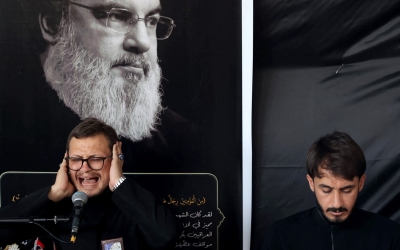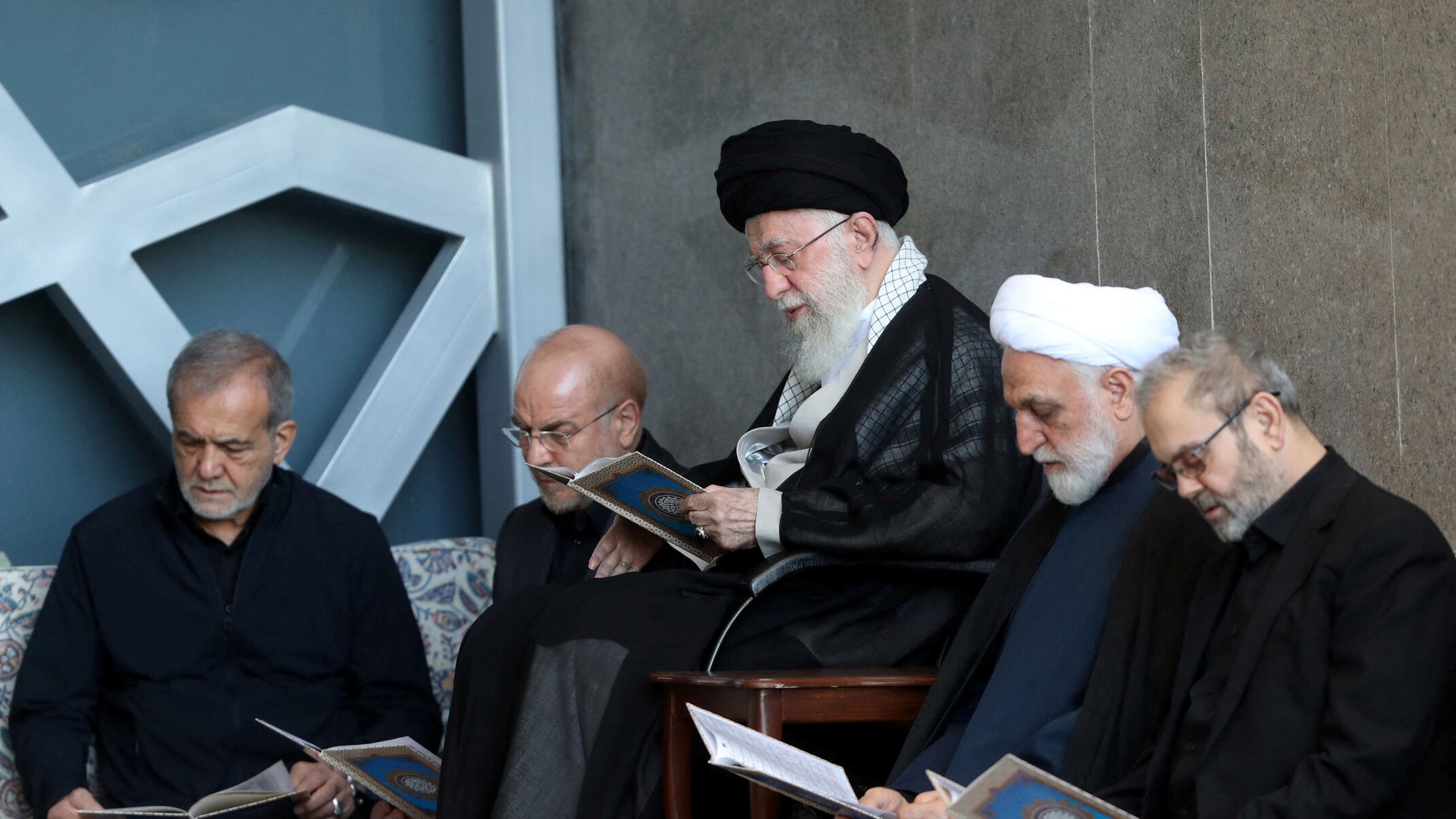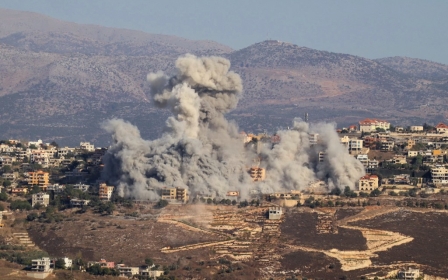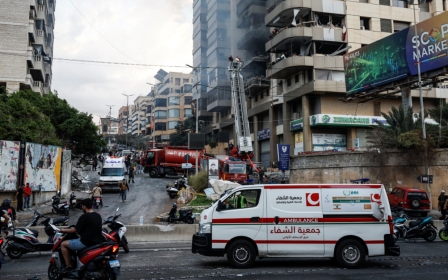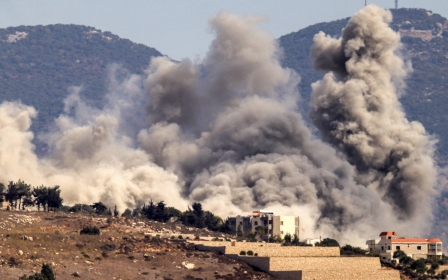Iranian foreign minister visits Beirut as Gulf states declare neutrality
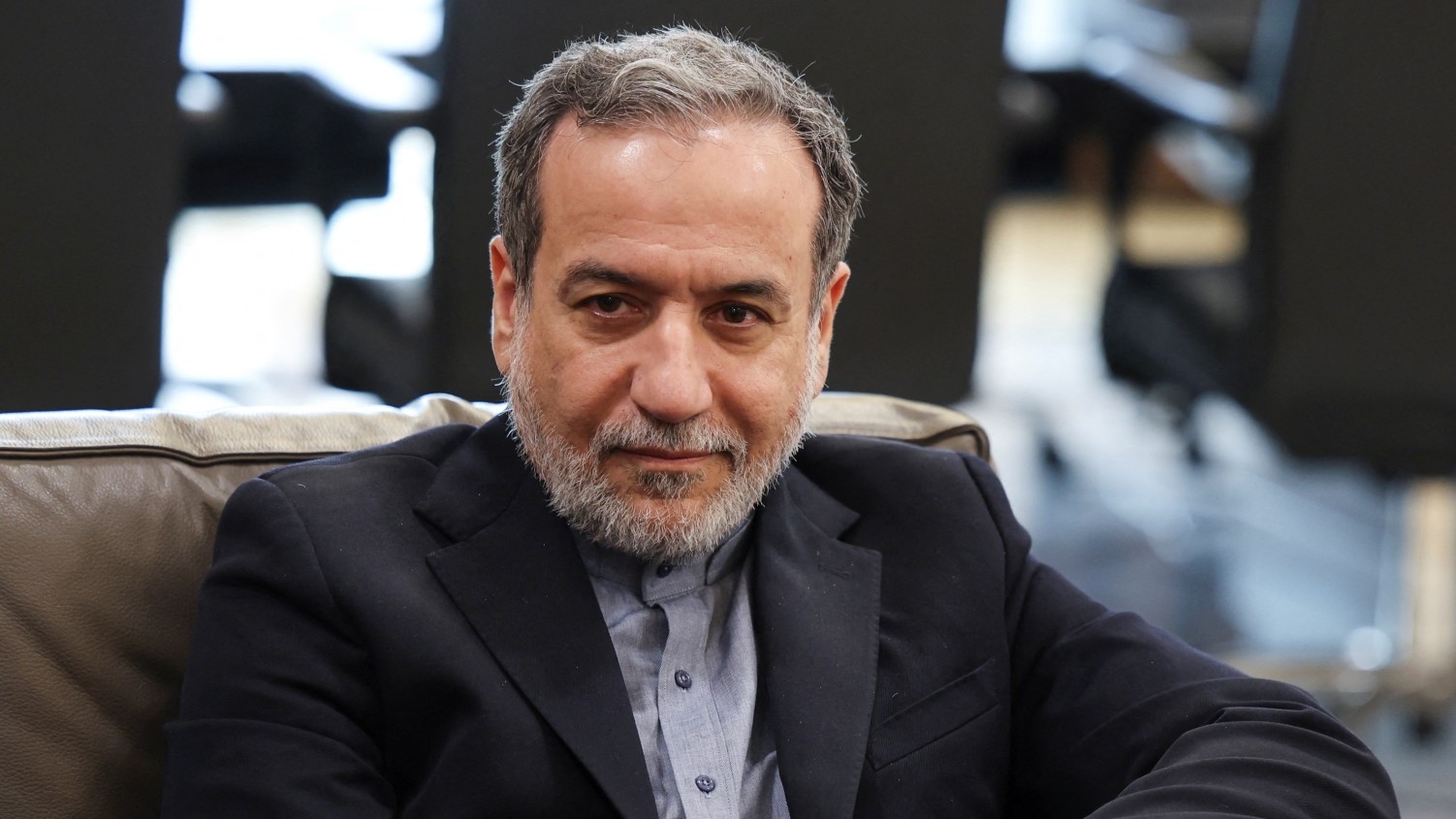
Iran's Foreign Minister Abbas Araghchi landed in Beirut on Friday, days after Tehran launched a barrage of missiles on Israel, Iranian state media reported.
The visit came hours after Israeli air strikes hit the vicinity of the Lebanese capital’s airport and following overnight air strikes that allegedly targeted Hashem Safieddine, the likely successor of Hezbollah leader Hassan Nasrallah who was assassinated by a massive Israeli raid in southern Beirut on 27 September.
Araghchi is scheduled to meet with Lebanon’s caretaker Prime Minister Najib Mikati and Parliament Speaker Nabih Berri, an ally of Hezbollah.
Meanwhile, a two-day summit in the Qatari capital Doha has brought Iranian and Gulf leaders together and showed signs of a rapprochement between regional rivals Riyadh and Tehran.
Iranian media reported that President Masoud Pezeshkian voiced his country’s willingness to strengthen ties with Riyadh in a meeting with Saudi Foreign Minister Faisal bin Farhan on Thursday in Doha.
New MEE newsletter: Jerusalem Dispatch
Sign up to get the latest insights and analysis on Israel-Palestine, alongside Turkey Unpacked and other MEE newsletters
"We consider Islamic countries, including Saudi Arabia, as our brothers, and we emphasise the importance of setting aside differences to enhance cooperation," he said during the meeting, as reported by the Iranian state news agency.
Bin Farhan, on the other hand, was quoted by Iranian media as saying that Riyadh seeks to end any rift in relations with Tehran.
"We aim to permanently close the chapter on our differences and focus on resolving issues, developing relations as two friendly and brotherly countries," he said, according to the Iranian news agency.
Bin Farhan also reportedly reassured Pezeshkian, saying, "We trust in your wisdom and insight in managing the situation and contributing to peace and stability in the region."
Members of the Gulf Cooperation Council, which includes the United Arab Emirates, Bahrain, Saudi Arabia, Oman, Qatar and Kuwait, “sought to reassure Iran of their neutrality” regarding the Iran-Israel conflict, according to a report by Reuters.
Saudi Arabia, the world’s largest oil exporter, is wary of attacks on its oil facilities, particularly since a 2019 attack on an oil refinery halted 5 percent of global oil supply, Reuters reported. Iran has not claimed responsibility for the attack.
Iran launched its largest-ever attack on Israel on Tuesday, saying it was in retaliation for the assassination of Nasrallah and Hamas leader Ismail Haniyeh, who was killed in Tehran in July.
Israeli officials have called for a major counterattack against Iran, targeting its oil and nuclear facilities, while Iran’s mission to the United Nations said that Tehran had warned the US it would attack again if Israel retaliated.
Tehran said it exchanged messages with the US using the Swiss embassy in Tehran as an intermediary.
“Our response will be solely directed at the aggressor. Should any country render assistance to the aggressor, it shall likewise be deemed an accomplice and a legitimate target," Iran's mission said.
'Our enemy is one'
Meanwhile, Iranian Supreme Leader Ali Khamenei addressed a large crowd in Tehran on Friday in the first such sermon in nearly five years. The 85-year-old defended Iran’s missile attack on Israel as a “legal and legitimate” response to Israel’s onslaught on Lebanon and Gaza.
“Each and every country, each and every people have the ultimate right to defend themselves against the ultimate tyranny,” Khamenei told a large crowd in Tehran.
“The policies adopted by our enemy are to sow the seeds of division and sedition, to drive a wedge among all the Muslims. They are the same enemies to the Palestinians, Lebanese, Egyptians, and the Iraqis. They are the enemy to the Yemeni and Syrian people.
“Our enemy is one.”
Israel's bombardment of the southern suburbs of Beirut, commonly known as Dahiyeh, and southern Lebanon has raised the death toll to 1,974 people in a year of conflict, including 127 children, the majority in the past week.
Meanwhile, at least eight Israeli soldiers were killed in fighting with Hezbollah troops while attempting a ground invasion of southern Lebanon, the Israeli army said on Thursday. The number of casualties among Hezbollah fighters has not been confirmed by the group.
Lebanon’s health minister, Firass Abiad, said 97 paramedics and firefighters had been killed and 188 wounded by Israeli fire since Hezbollah and Israel began clashing on 8 October, including 40 who were killed in the four days since Israel invaded Lebanon.
An official from the UN refugee agency said on Friday that most of Lebanon’s nearly 900 shelters are at full capacity, with many people fleeing Israeli strikes now forced to sleep outdoors.
Middle East Eye delivers independent and unrivalled coverage and analysis of the Middle East, North Africa and beyond. To learn more about republishing this content and the associated fees, please fill out this form. More about MEE can be found here.


